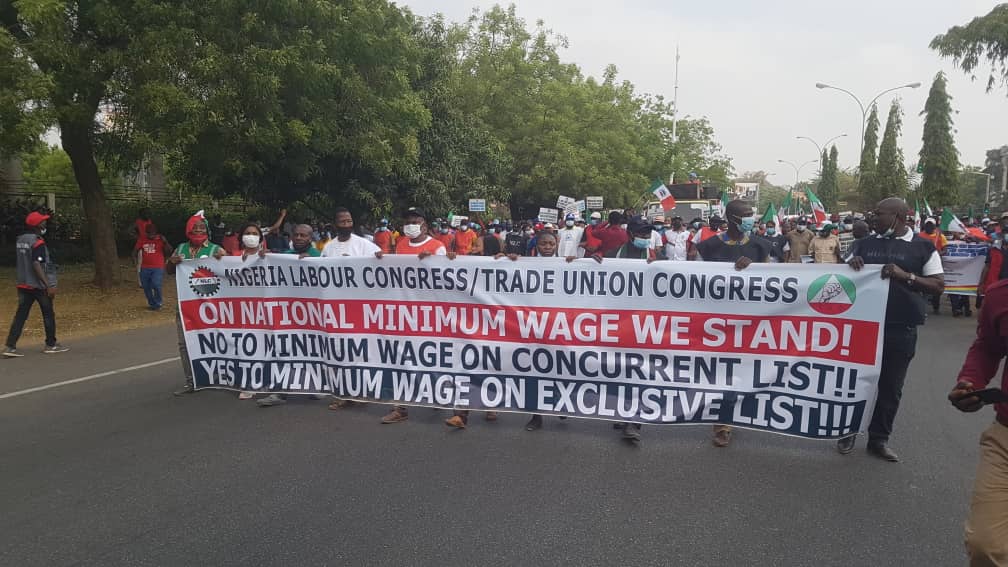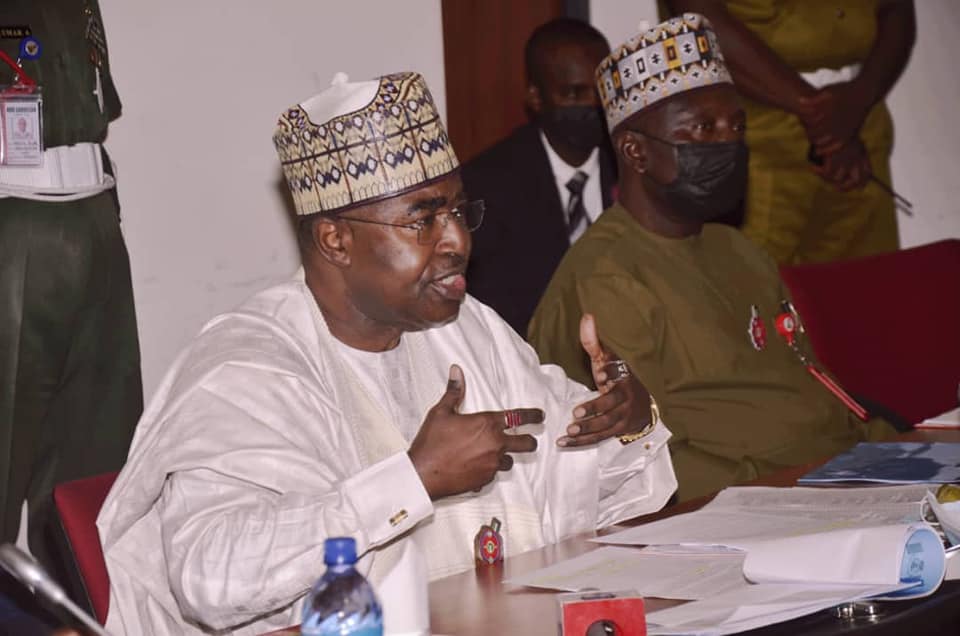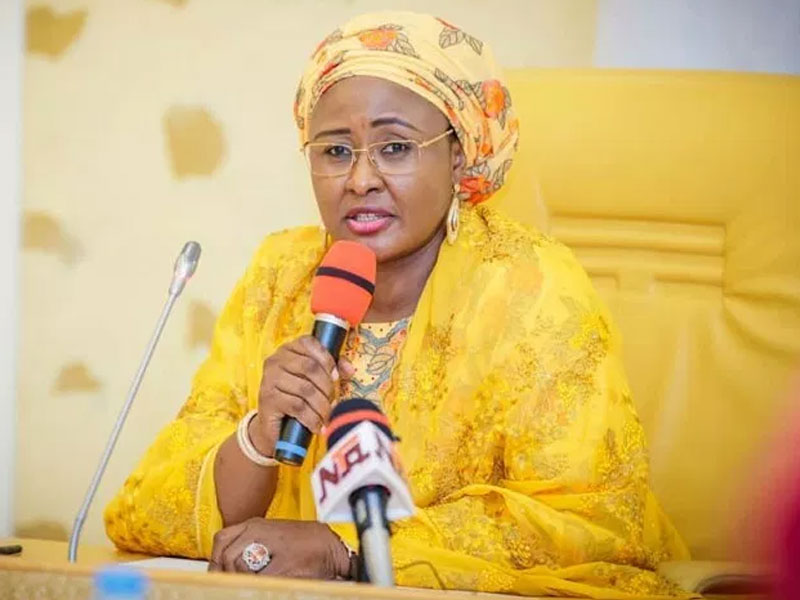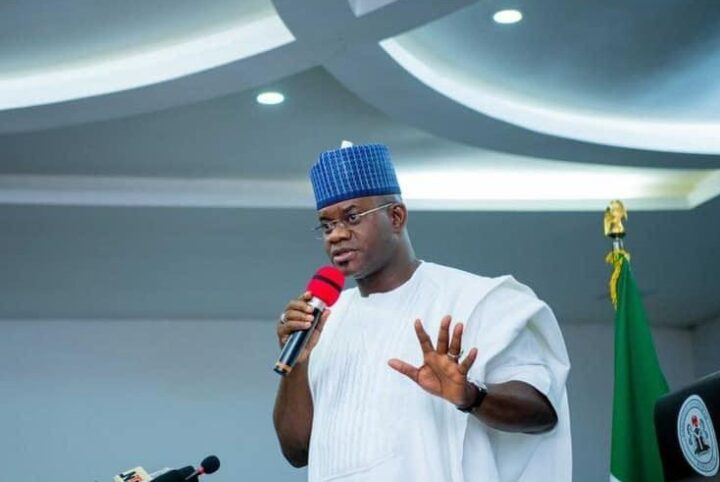The federal government says it plans to introduce mandatory training for labour leaders to discourage strikes in the country.
Chris Ngige, minister of labour and employment, said this on Wednesday while appearing before a house of representatives committee to defend the 2022 budget of the ministry.
According to a statement by Charles Akpan, deputy director, press and public relations in the ministry, Ngige said the training will take place at the National Institute of Labour Studies (NILS) in Ilorin, the Kwara capital.
Th minister said the training will equip labour leaders with the knowledge of labour laws and the international labour organisation (ILO) conventions, in order to curb the incessant strikes in the country.
Advertisement
“One of the problems is that labour leaders are not in tune with labour laws. They don’t know when they overstep their rights. Some of them don’t even know that before you embark on an industrial action, you will give an official notice,” NAN quoted him as saying.
“You start with negotiating with your employer. And when you finish and want to go on strike out of dissatisfaction, you notify the labour ministry. You must give a mandatory notice of strike.
“For some categories of staff, it is 15 days, while for people on essential duties such as electricity, telecommunications, health, water and gas supply, it is 21 days.
Advertisement
“Some of them also do not read the ILO principles on strike to know that in emergencies, like the pandemic we are experiencing now, you are prohibited from going on strike. No matter what your grievances are, you must leave them till the emergencies end.
“But if you insist and go on strike, your employer is empowered to replace you. It is in the principles of strike of the ILO, the highest body in labour relations. It also permits the employer to withdraw salaries and other emoluments for the period you are away from your duty post.”
Ngige said it was agreed in the last management meeting of his ministry that before accepting any election result from labour unions, the elected leaders should attend the NILS in Ilorin for a minimum of two weeks.
“If their organisations can afford it, they could do the training for one or two months and continue refresher courses in NILS from time to time,” he said.
Advertisement
“The NLC leadership is very articulate and educated but the problem is their branch unions, and because they are their affiliates, they are afraid to stop them from going on strike.
“We are doing what we are supposed to be doing and I am glad you recognise that we are overworked. We have two ministries where these strikes are incessant. One is the federal ministry of education where you have university workers, both academics and non-academics who are in a battle for superiority.
“Two is the federal ministry of health where we have the doctors and the other health workers also flexing muscles. We are trying to see how we can forge ahead by making them to understand that they need one another to succeed.”
Advertisement
Add a comment






